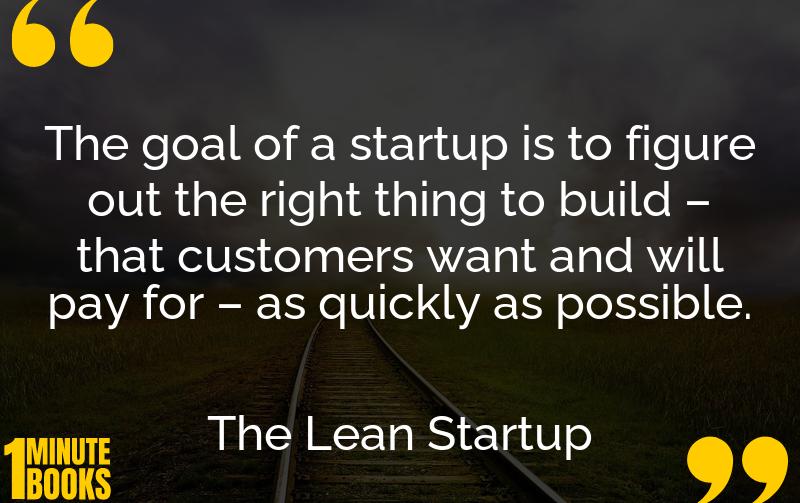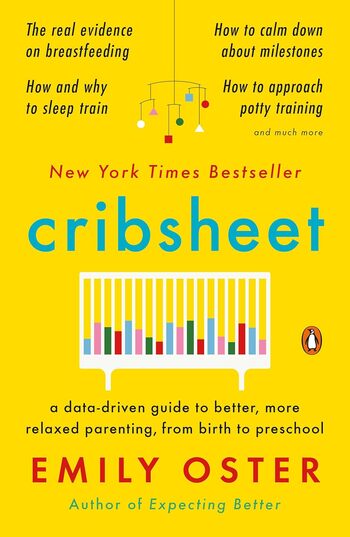
Eric Ries’ ‘The Lean Startup’ advocates for an iterative build-measure-learn process in startups, emphasizing quick experimentation, MVP development, and the importance of pivoting to find scalable success.
Main Lessons
- Execution is more critical to startup success than the idea itself.
- Utilize the build-measure-learn feedback loop to iterate quickly and effectively.
- Experimentation with real customers is key to validated learning.
- Determine whether a hypothesis is viable through MVPs before full-scale launch.
- Different types of MVPs, like video or concierge, can test ideas efficiently.
- Growth engines – sticky, viral, or paid – help focus startup growth strategies.
- Knowing when to pivot or persevere is crucial; it requires intuition and experience.
- Pivoting is part of the process, not a sign of failure, for startup success.
- Reduce waste by focusing only on activities that lead to validated learning.
- Perseverance is important, but flexibility and adaptation can determine success.
- A pivot might involve changing target customer segments or growth strategies.
- Use customer feedback and data to guide iterative product and strategy development.
- A lean approach minimizes risk by prioritizing learning and adaptation.








